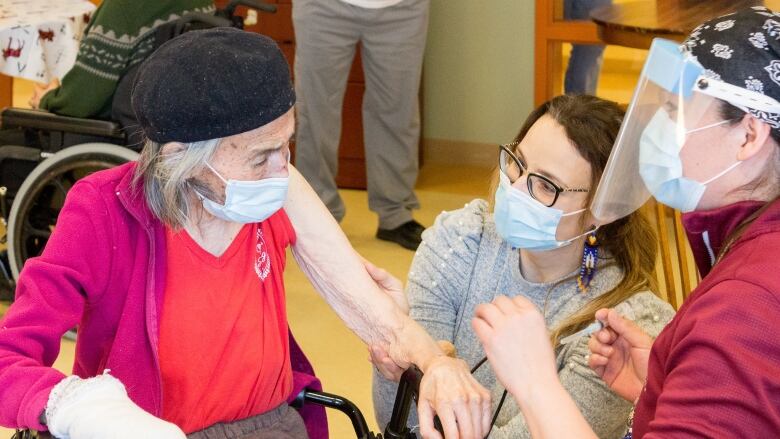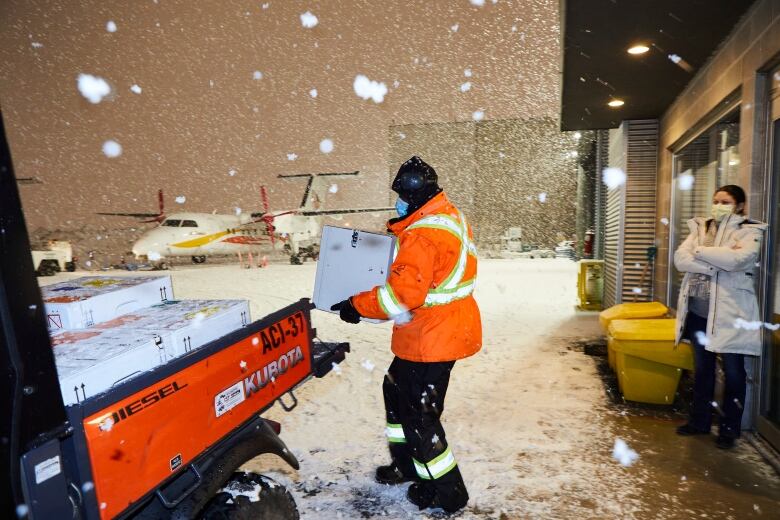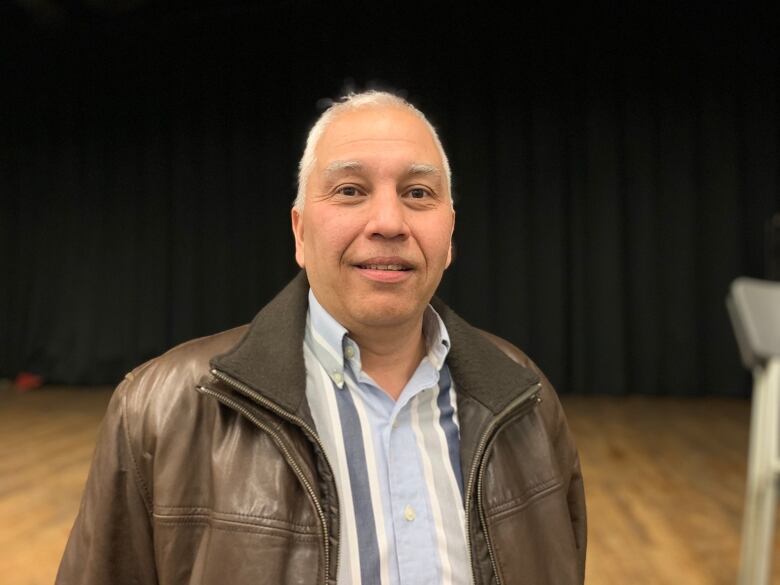First Nations in Quebec 'ready and waiting' for COVID-19 vaccines
Health ministrys goal is to vaccinate First Nations by March 31

Several First Nations in Quebec will begin vaccinating its members against COVID-19 in February if vaccine supplies are available.
Gesgapegiag, a Mi'kmaw community in the Gaspsie, is waiting to administer 400 doses over a three-day period.
"We have it all planned, we just don't know when the vaccine is going to arrive," said Amanda Larocque, director of health and wellness at Gesgapegiag Health and Community Services.
"They're only going to notify us perhaps 48 hours or 24 hours in advance. We're waiting."
Quebec's vaccination campaign has been beslowedby shipment delays, but the First Nations of Quebec and Labrador Health and Social Services Commission said there's been ongoing discussions between communities, provincial health agencies, and Indigenous Services Canada to prepare vaccination sites.
"If they decide to do their planning, Quebec will move forward to mass vaccination if that's the wish of the community," said Marjolaine Siou, executive director of the commission.
Siou said the commission is helping communities navigate those tripartite discussions.
"The message we've been really promoting over the last few weeks isyou have to have those discussions," she said.
"And if it's not happening, then we need to make it happen."
Goal of March 31
The Quebec government saidits goal is for allFirst Nations communities to receive the first dose of a COVID-19 vaccine by the end of March unless vaccine supply difficulties arise. Indigenous people living outside of their communities and in urban areas will be given priority in the same way as non-Indigenous citizens, according to the province's Ministry of Health and Social Services.
"As many Indigenous communities are located in remote areas and that FN members are often facing pre-existing conditions which make them more vulnerable to complications if they were to contract COVID-19, we want to prevent outbreaks and such complications," said a statement from the office of minister of Indigenous affairs Ian Lafrenire.

Vaccination campaigns have already begun in the province'sCree andAtikamekw communities after significant outbreaks occurred. Health-care workers and residents of long-term care facilities and elders residences have also been vaccinated in 17 different First Nations.
Concerns about vulnerabilities
Like Gesgapegiag, public health officials in Kahnawake, south of Montreal, are also waiting. Lloyd Phillips, the commissioner of public safety at the Mohawk Council of Kahnawake, said the community's bingo hall is set up as a mass vaccination site to accommodate six nurses that will administer 6,500 doses over a two-week span.
"As soon as we get the vaccines in the community, it's a light switch at this point and we'll be ready to go," said Phillips.
"Every day, every delay, you push it back a bit, but I'm still optimistic that by the end of the month, we will start our first round of mass vaccination in the community."

Phillips said the community's COVID-19 task force has been pushing the Quebec government to prioritize all First Nations communities in its vaccination plan.
"All First Nations have vulnerabilities," he said.
"For me, the largest thing is the fact that we are truly a close-knit community and we're seeing how one case could easily spread among family members very easily."












_(720p).jpg)


 OFFICIAL HD MUSIC VIDEO.jpg)
.jpg)



























































































